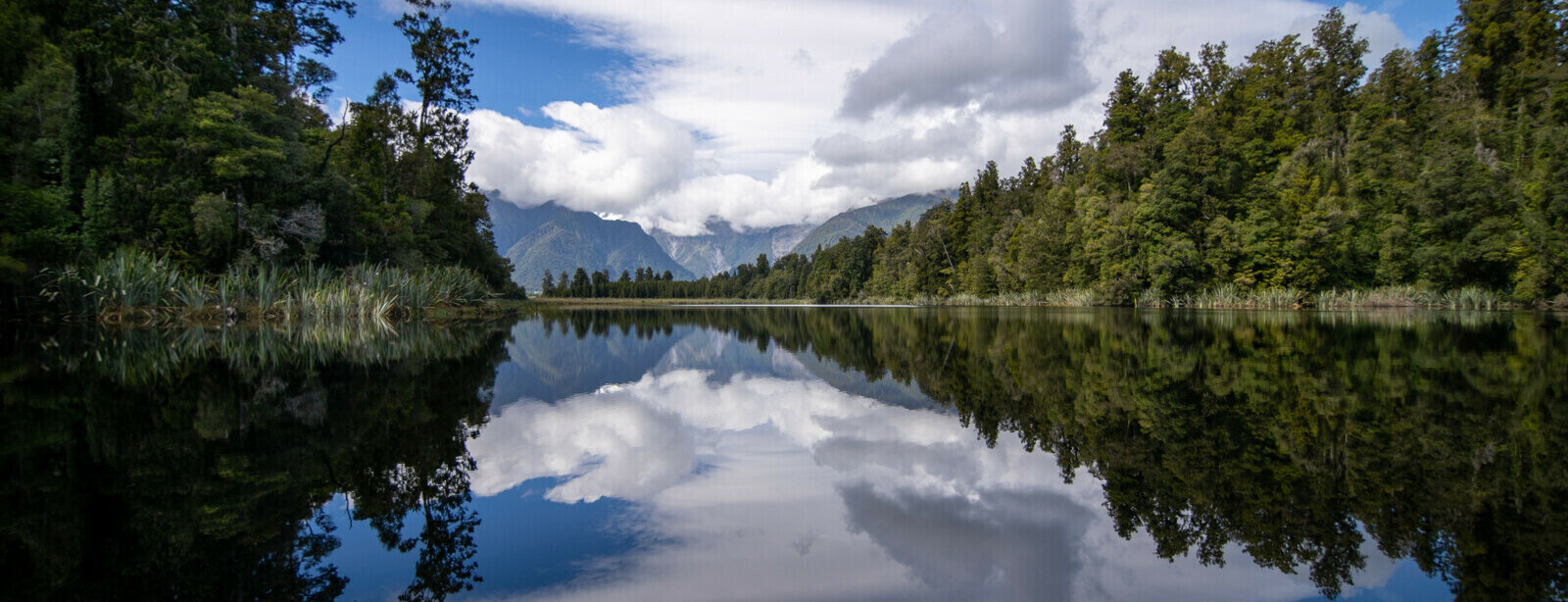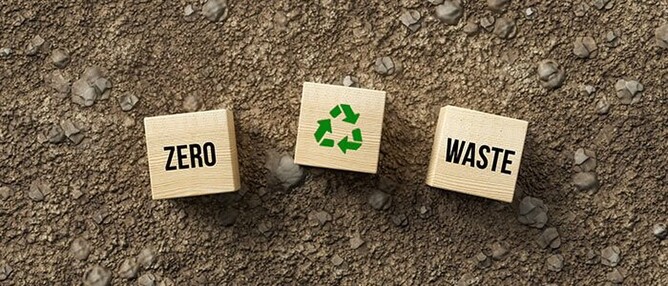In late 2019 we went on a cycling holiday of Borneo (which was quite an adventure and fascinating) and started off staying at a resort in Kota Kinabalu. It was a lovely resort on the beach.
Every day the beach was scoured for plastic rubbish (the beach looked out on the South China Sea and the Gulf of Thailand), with sacks of rubbish being collected.
But within hours more rubbish accumulated. This really brought home to us the problem of plastic pollution around the world and accelerated our activities to minimise the plastic in our life.
66% of New Zealanders are concerned about the build up of plastic in the environment, and this is the fourth highest concern (after the cost of living, protection of NZ Children, and the availability of affordable housing) in the Kantar research for 2021.
Sustainable Packaging Investments
Nanuk New World Fund (one of our recommended investment managers) recently shared information with us about their approach to investing in sustainable packaging.
Around 10% of the Nanuk Fund is invested in companies that produce sustainable packaging, which they split into two categories, Corrugated (usually outer box packaging) and Non- Corrugated (cartons that items are packaged in.
The future for sustainable packaging is strong because of two main trends- 1. the trend to e-commerce, with items being shipped individually instead of in bulk (where they are delivered on pallets and unloaded to the store, and stacked for sale). The other trend is the move away from plastic, as outlined by the Kantar research for New Zealand.
Factors that impact sustainability of packaging include 1. The sourcing of the raw materials (eg cardboard which uses sustainably grown trees versus plastics which use fossil fuels, 2. The transporting of the packaging 3. The recycling opportunities for the packaging at the end of its life and 4. The amount of waste and damage to product by unsuitable packaging, during the shipping process.
The issues with plastic packaging
Half of plastic waste comes from plastic packaging (only 14% is recycled, 40% goes to landfills, 14% incinerated and the remainder is released into the environment.)
Two startling bits of information that struck us
1. On average every person consumes around a credit card of microplastics each week (which equates to 20kg over a lifetime)
2. A study of 250,000 British households (where they carefully monitored their waste) found that each household disposes of 66 pieces of plastic each week. [I thought that this was ridiculously high, so started monitoring our use. One Covid RAT test had 6 different pieces of plastic, and it was easy to see how you would get to 66 pieces per household).
There are six main types of plastic and two main reasons that so little is recycled is because the plastic is often contaminated by what is within the packaging (eg food, meat), but also because much packaging incorporates more than one type of plastic, meaning it cannot be cost effectively recycled.
What are companies doing?
A number of large companies are committing to being 100% greener and using recyclable, resuable, compostable materials and ‘mono-material’ (eg that doesn’t have two or more types of materials, preventing recycling.)
Of note are:
Woolworths (Australia) 100% greener by 2023.
Nestle, Danone and CocaCola 100% by 2025
Companies are replacing their plastic with glass or metal.
What kind of investments are attractive to Nanuk?
Companies that are
a. Producing corrugated boxes or cartons for shipping.
b. Using paper based packaging to replace plastic for lots of products including food, but also deodorant/lipstick. Although not a listed company, New Zealand based Ethique are leaders in this area. https://ethiqueworld.com/
c. Innovating with packaging , looking at new sustainable food packaging
While these companies are going to give astronomical investment returns like some technology based companies might, they will give good steady consistent returns.
Here is some more information about plastic:
This Dutch invention uses bubbles to trap plastics in rivers [Video] https://www.weforum.org/videos/15053-this-dutch-invention-uses-bubbles-to-trap-plastic-trash-in-rivers
Interceptor Trashfence stops a plastic tsunami in the world’s most polluting river *(then fails) [Video]
One block of butter, three lids: Fonterra defends impact of packaging (Newsroom)
https://www.newsroom.co.nz/pro/fonterra-defends-environmental-impact-of-three-lids-on-its-butter?


